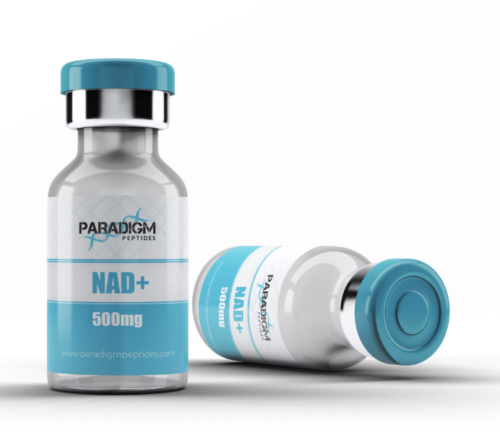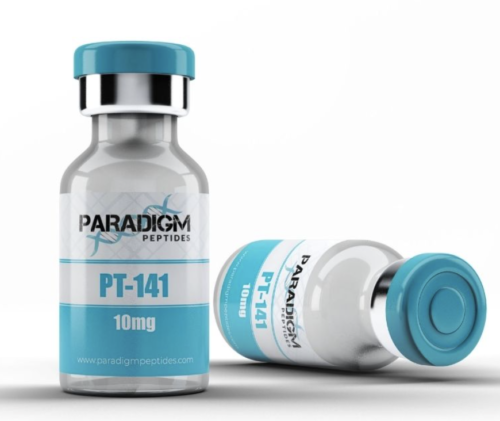In recent years, there has been increasing interest in the role of phytonutrients in promoting overall health and well-being. Phytonutrients, also known as phytochemicals, are natural compounds found in plants that offer a myriad of health benefits. These bioactive substances not only provide vibrant colors and distinct flavors to fruits, vegetables, herbs, and spices but also possess remarkable properties that can enhance our physiological functions. In this article, we will delve into the world of phytonutrients, exploring what they are and the wide-ranging benefits they offer.
Understanding Phytonutrients: Phytonutrients are naturally occurring compounds that are synthesized by plants. They play a crucial role in plant survival and defense mechanisms, protecting against environmental stressors such as UV radiation, pests, and diseases. When humans consume plant-based foods rich in phytonutrients, these compounds can positively influence various aspects of our health.
Types of Phytonutrients and Their Benefits: There are numerous types of phytonutrients, each with its unique properties and health benefits. Here are some well-known phytonutrients and their advantages:
- Flavonoids: Found in fruits, vegetables, tea, and cocoa, flavonoids act as antioxidants, combating harmful free radicals and reducing the risk of chronic diseases such as heart disease, certain cancers, and neurodegenerative disorders. They also possess anti-inflammatory and anti-allergic properties.
- Carotenoids: Responsible for the vibrant colors of fruits and vegetables like carrots, tomatoes, and sweet potatoes, carotenoids are potent antioxidants that support eye health, boost immune function, and reduce the risk of certain cancers.
- Polyphenols: Abundant in foods like berries, nuts, tea, and dark chocolate, polyphenols exhibit antioxidant, anti-inflammatory, and antimicrobial properties. They have been associated with improved heart health, reduced risk of neurodegenerative diseases, and enhanced cognitive function.
- Sulforaphane: Found in cruciferous vegetables like broccoli, cabbage, and kale, sulforaphane possesses powerful anti-cancer properties. It supports detoxification processes, boosts the immune system, and exhibits anti-inflammatory effects.
- Resveratrol: Present in grapes, berries, and red wine, resveratrol has gained attention for its potential anti-aging properties and cardiovascular benefits. It also shows promise in protecting against certain cancers and promoting brain health.
- Curcumin: Derived from turmeric, curcumin is a potent anti-inflammatory compound that has been linked to reduced risk of chronic diseases, improved cognitive function, and enhanced joint health.
Benefits of Phytonutrients: Including phytonutrient-rich foods in your diet can offer a wide range of benefits, including:
- Antioxidant protection: Phytonutrients help neutralize harmful free radicals, reducing oxidative stress and cellular damage.
- Reduced inflammation: Many phytonutrients exhibit anti-inflammatory properties, which can help alleviate chronic inflammation linked to various diseases.
- Disease prevention: Regular consumption of phytonutrients has been associated with a lower risk of chronic conditions such as heart disease, certain cancers, neurodegenerative disorders, and diabetes.
- Enhanced immune function: Phytonutrients can support a robust immune system, improving the body’s ability to fight infections and illnesses.
- Improved digestion: Some phytonutrients have prebiotic properties, promoting a healthy gut microbiome and supporting optimal digestion and nutrient absorption.
- Skin health: Certain phytonutrients contribute to healthy skin by protecting against UV damage, promoting collagen synthesis, and reducing the signs of aging.
Incorporating Phytonutrients into Your Diet:
To reap the benefits of phytonutrients, strive to consume a diverse array of plant-based foods. Include a variety of colorful fruits, vegetables, whole grains, legumes, nuts, and herbs in your meals. Aim for a rainbow of colors on your plate, as each hue signifies a different set of phytonutrients. Opt for fresh, organic produce whenever possible, as cooking and processing can sometimes diminish the potency of these compounds.
Conclusion:
Phytonutrients are remarkable compounds found in plants that offer a multitude of health benefits. By incorporating a wide range of phytonutrient-rich foods into your diet, you can support your overall health, reduce the risk of chronic diseases, and enhance your well-being. Embrace the vibrant world of plant-based nutrition and unlock the power of phytonutrients for a healthier and more vibrant life.













Leave A Comment